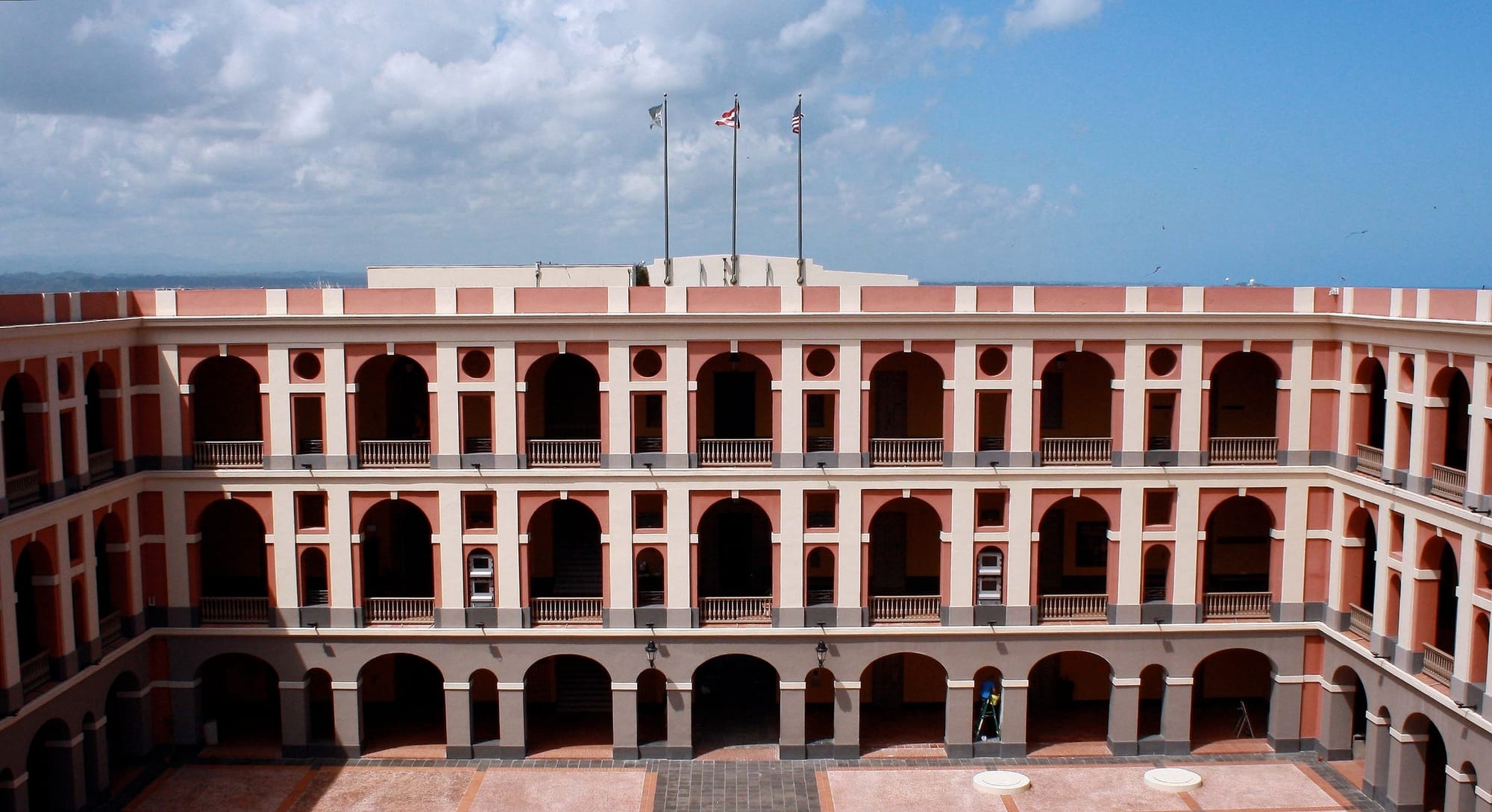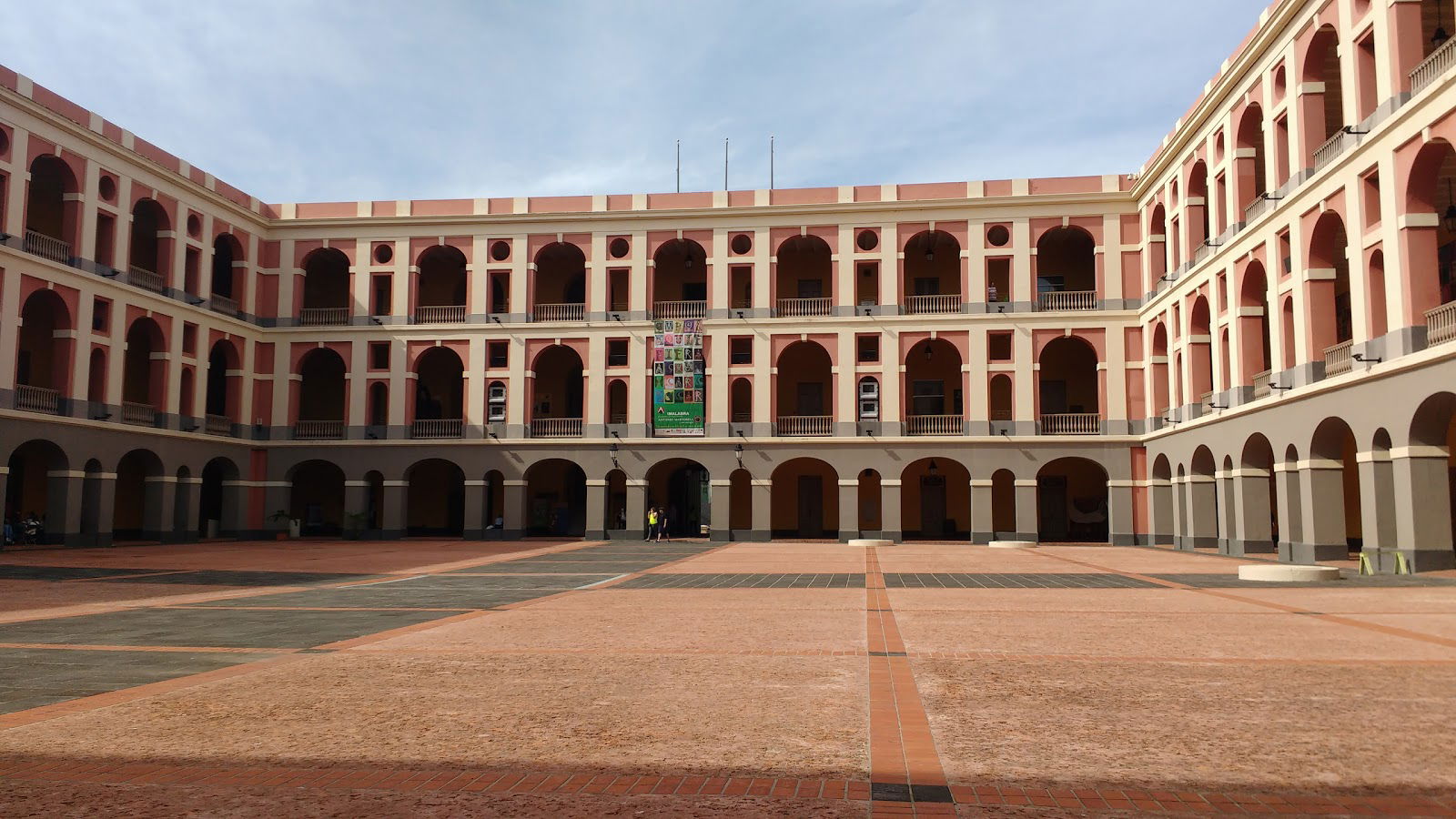
In 1992 el museo de las Americas, a non-profit organization located at the hilltop across St. Felipe del morro, where once fierce battles were fought between the Spanish soldiers and British for control of its city. Today, stands a large, massive landmark with a unique colonial style, truly an example of architectural beauty and excellence and holds its purest authentic example of Spanish colonial archicture.
For thirty-three years since the museum had opened, el museo de las Americas has shared an assortment of educational programs designed to educate and promote innovative and creative workshops for the public. The Primal goal and focus is to gain insight on Puerto Rico's rich history through various exibits and workshops shown throughout the museum.

Since 1992, over 525 of total expositions have been presented with a unique collection of taino artifacts introduce by non other than Historian and anthropologist Ricardo Alegria, who passed away many years ago. This amazing illustration has showcased various zemi sculptures and carved ceremonial seats called Duhos, were indian caciques often sat and honored gods like orocobix, guabancex, loquillo just to name a few.
A long tradition that evokes religion and its connection as means to communicate to their ancestral spirits.
In the rich tradition of Taino culture the sound of maracas, A popular musical instrument in today's folk music, takes us back in time where amass gatherings of taino tribes chanting to the sound and rythm.
The African influence today is coined as a reflection of our past throught music, dance, and food. La Bomba created by African slaves became the symbol of resistance against slavery and a way to honor the African heritage. Today el museo de las Americas continues to bring out pride and honor to the african roots of african slaves.
Today we honor the town of loiza, a town filled with pride and honor. The largest Town with african descendants in Puerto Rico, a community of african people with holding strong ties of honor and respect to the Yoruba tribes, the first slaves who made wave to Loiza Aldea centuries ago. Welcome to"La Cuidad de la amistad".


